The Dreamlike Language of Apocalypse
By reading worlds of relentless darkness, repeatedly made new through the language of dreams and fables, we can maybe more deeply access empathy and hope for the world we’re living in.
Please note that orders placed between February 1-February 17 will not be shipped until February 17. Thank you for your patience.
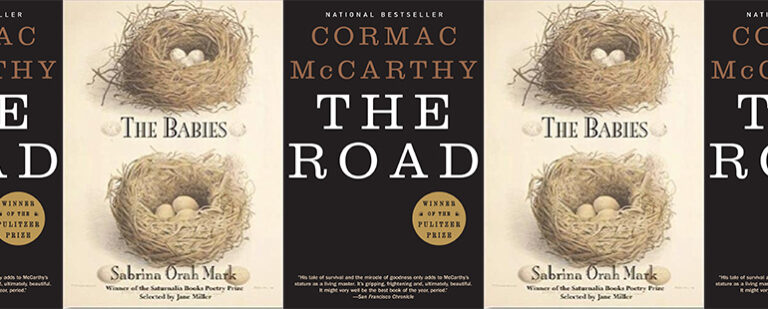
By reading worlds of relentless darkness, repeatedly made new through the language of dreams and fables, we can maybe more deeply access empathy and hope for the world we’re living in.
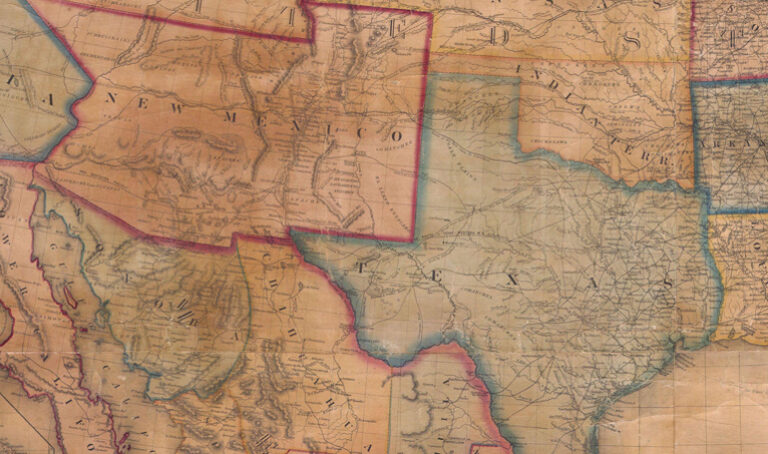
Though Cormac McCarthy’s masterwork is neither a warning nor a statement of climate change, it is an imaginative and aesthetic example of how modern fiction can look beyond the confines of characters’ internal worlds to grapple with forces beyond our control.
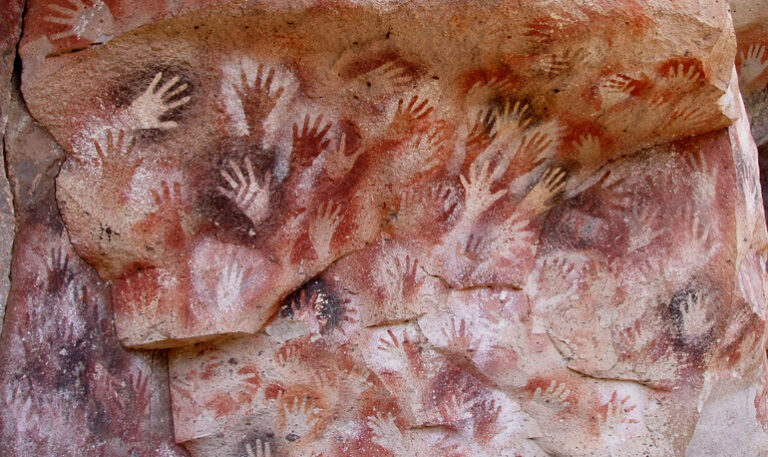
Because there is language. Humanoids happened, then Homo sapiens happened, and somewhere down the line, we started to talk. Why? Because pictures weren’t enough. Because pictures, dazzling as they were (and still are), are a little less portable, less mutable to the nuances of our shifting perceptions.
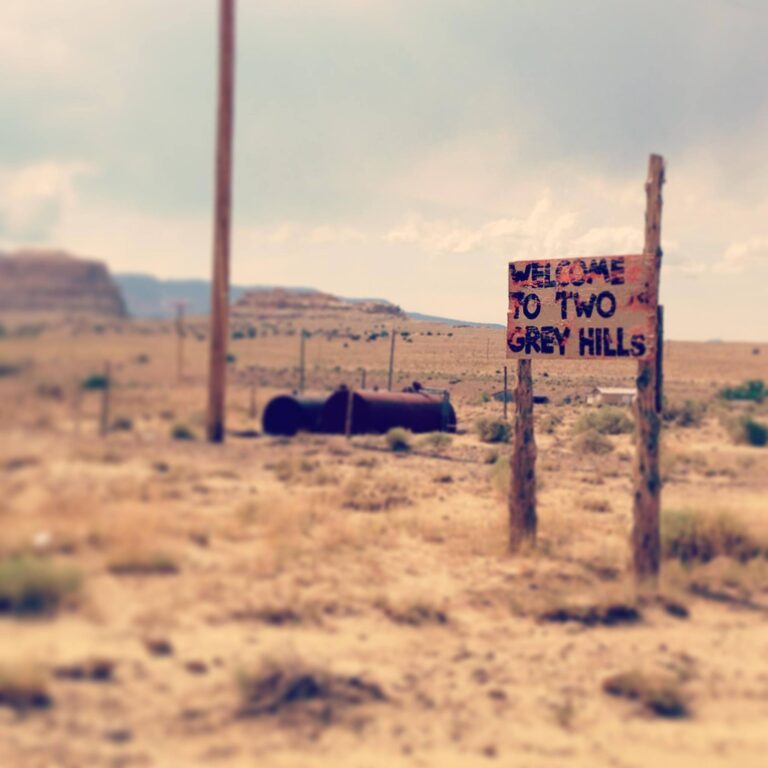
In a space like this, when we talk about genre fiction, we are often talking about its limitations: its conventions, its shallowness, its easy accessibility, its (overly) familiar repetitions, its elastic distance behind the invisible but razor-wired line of the literary.
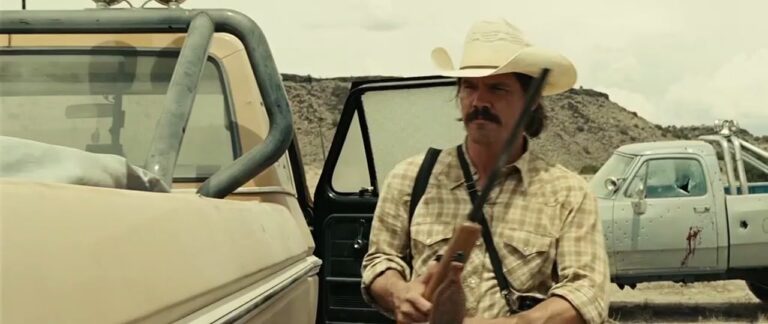
If, while watching a movie with your spouse, you like to whisper “that didn’t happen in the book” (and who doesn’t?), then you’ll be sorely disappointed by a screening of No Country for Old Men. Virtually every scene and every line of dialogue in the Coen brothers’ Academy Award-winning film is lifted straight from Cormac McCarthy’s 2005 novel of the same name.

When I’ve talked about the desert in various settings over the years—with family and friends, in academic contexts, with strangers outside of the desert—I’ve heard the same remarks time and again about the unviability of the landscape, the loneliness, the emptiness, the desolation. But there is a lot more to the desert that lies just east of LA than one might gather by simply listening to these kinds of conversations what construct the desert as empty space. The desert isn’t a costume. It isn’t a getaway.
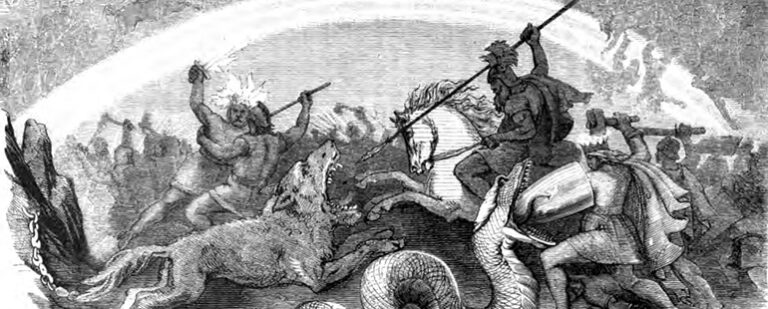
From Cormac McCarthy’s death hoax to the new Neil Gaiman book, here’s this week’s biggest literary news:

I live near a cemetery in the Berkeley hills that has turned green from the rain. I do most of my jogging in the cemetery, and it reminds me—especially going uphill—that our time here is fleeting. I run among the dead, and I run among the deer and turkeys and other animals forced down the…
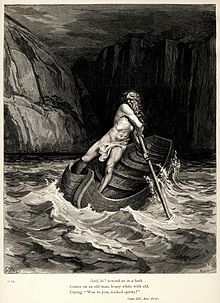
John Gardner once wrote, “If there is good to be said, the writer should say it. If there is bad to be said, he should say it in a way that reflects the truth that, though we see the evil, we choose to continue among the living.” While I couldn’t agree more with Mr….
No products in the cart.